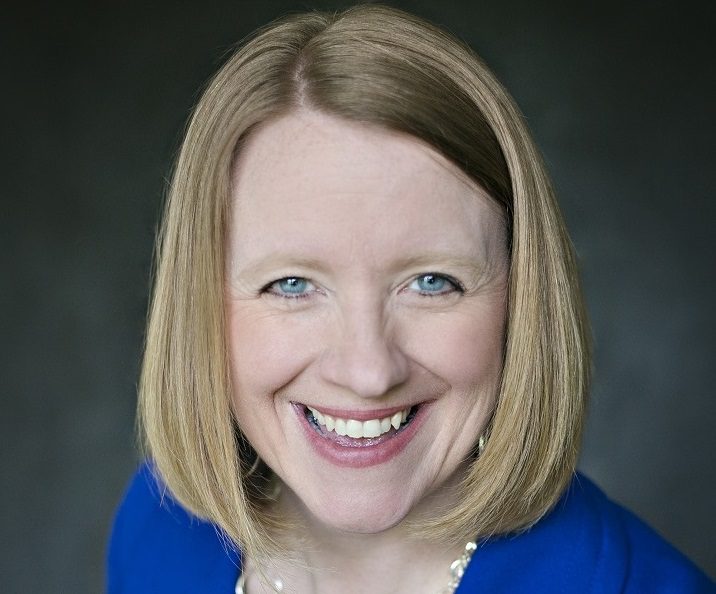Monica Ningen | Swiss Re Canada

Monica Ningen, President, CEO, Swiss Re Canada and the English Caribbean
Mentorship and sponsorship are key ways to bring women and diversity into the P&C insurance industry’s leadership positions, says Monica Ningen, president and CEO of Swiss Re’s Canada operations.
While mentors talk to you (and give you advice), sponsors talk about (and promote) you to others.
“Sponsors know your known value proposition,” Ningen says. “They’re willing to speak about you when you’re not in the room. They are the people looking out for you and your career, drawing you into opportunities for which you might not have been invited into the room.”
Mentors, on the other hand, often focus more on skill development. “[They’re someone that’s been down that path before, who can share with you and help you through either challenges or opportunities with which you’re less familiar.”
Both have been critical to her career.
“I feel really lucky because I’ve had access to people about whom I can say…either my career pivot or my career advancement within a role was because I had someone from whom I could learn.”
Sponsorships are harder to forge, she says, and yet they are just as important as mentorships. “With sponsors, it’s harder to find a good match because someone has to trust you — and trust your ability to deliver for them — and to stand up and speak on your behalf.”
In the industry, she acknowledges a level of unconscious bias. But hiring practices can be optimized so women and underrepresented groups get an equal, bias-free shot at a job in the industry.
“Once we have that more diverse set of applicants, then we have to select from that group of people we interview,” she says. “But [that process] also needs to be more diverse. More and more…[organizations] are using tools to ensure job descriptions use inclusive language so they don’t alienate candidates from non-traditional backgrounds.
“Then, once we have a diverse interview slate, we want diverse interviewers who ultimately get us to a more diverse [pool] of hires.”
Crucial for an industry in the midst of a talent shortage. And while the responsibility lies on the industry to broaden its talent pool, Ningen says women in the industry should also be finding ways to support one another.
“There are so many positive…female champions [in the industry] who are championing other women and lifting them up,” Ningen says. “One of the most important things about International Women’s Day is that call to action, not only to women, but to the larger organization, as we think about how we lift up diverse talent.
“If you’re a woman, you should be stepping up and supporting other women’s in their career. And if you’re not, you should start.”



